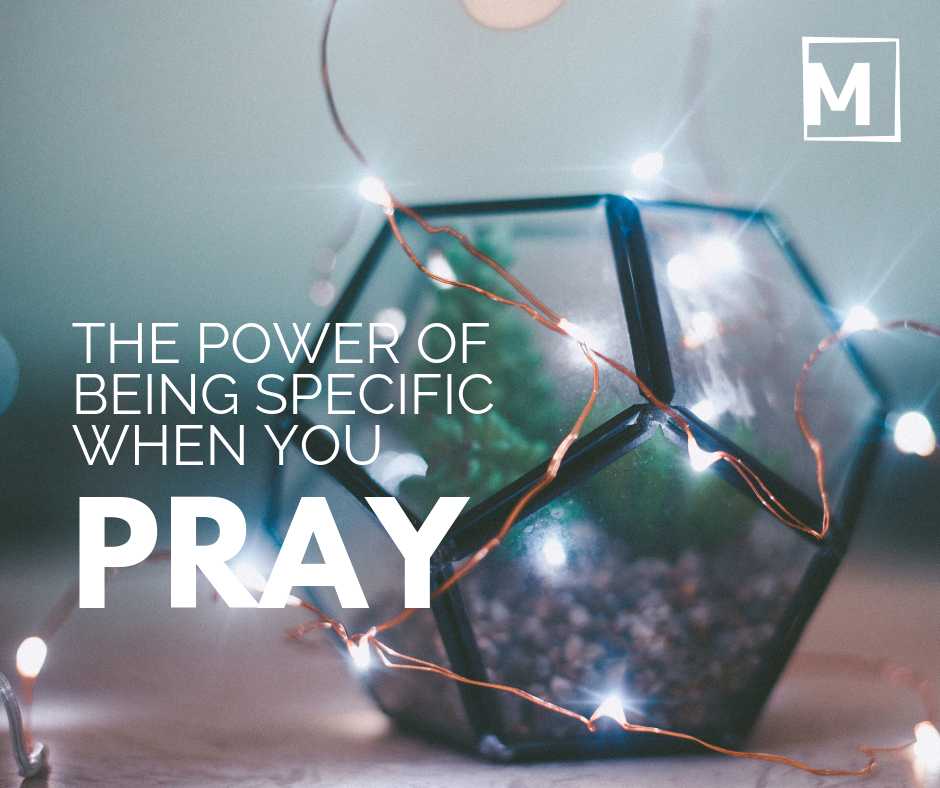As the parents of four children, my wife and I have often had to look our kids in the eye and remind them that we are the parents and they are the children. We have the life experience and hopefully the wisdom to make good decisions. I would assume that all parents can relate to this dynamic. Most of the time, our children agree even if their eyes roll.
In the weeks that have passed, a similar dynamic has unfolded in the American Catholic Church except one thing is different. Clerics, embroiled in another sex-abuse scandal and a subsequent set of cover-ups, have assured the faithful that they are indeed sorry for their lack of candid leadership. Most of us read the headlines with sadness but not with surprise. Once you’ve heard a “we deeply regret...” statement, often written by lawyers, you can get dismayed.
We’ve heard it before.
Much of the Church’s messaging is that of a parent, along the lines of, “We’ve got this. We have the wisdom to make good decisions.” Therein lies the problem as the “we” used by many clerics is a limiting pronoun. It actually means we, the leaders of the Church rather than we, the People of God.
This people isn’t uniform. We have different roles, originating in the Early Church and then morphing into Holy Orders as they exist today. The ordained are meant to build up the rest of the Body. The rest of the Body is meant to cleave to Christ, become one with the Lord and then be sent out on mission. The Early Church articulated more formal roles such as teacher and administrator but over time, these got lost. These roles aren’t bad so long as each respects the other.
One response of an American bishop, hailed by many as a firm and comprehensive “plan”, mentioned the role of the laity as a component of the Church’s solution for dealing with sex-abuse. Worth noting is that the laity is mentioned last in a list of three criterion for how the American Church can move forward.
What we have is a faulty ecclesiology in full display for all to see. Maybe faulty isn’t the right word. Incomplete might be better.
I’m convinced that many leaders simply do not value the laity as members of the People of God. They value them but only so much. If you’ve ever heard the old mantra, “pray, pay and obey”, you get the point. As a result, leaders make poor decisions and exercise a “circle the wagons” approach to crisis management. Imagine the decision-making that the Church could enjoy if it fully embraced its dignity as People of God...
Many observers have it right when they say that the absolute crux of the current scandal is a gravitational pull towards clericalism. It sucks the life out of even good priests, enveloping them in a system best described as an “old boys club”.
A good and faithful priest I know put it this way, “Far too many bishops and priests think they are above the laity.” The abuse of children is as much about disrespect as it is about sickness. The sin of pride is alive and well.
Clericalism isn’t the only culprit. It’s also a lack of faithfulness. It’s a laxity that, over time, fell out of love with Christ and turn inward towards self-preservation.
Nearly all of the current language used by the Church in its response to the current scandal is reactionary. We are in fixing mode and for now, that is probably the right pose to strike. The building is on fire and we need to put it out. What’s missing is a broader discussion of how best to eradicate clericalism and bring the Church into a fuller understanding of what it means to be the People of God.
What we currently see isn’t merely the fruit of sin and infidelity. The current storm is also produced by an ecclesial system of us vs them. So long as the Church continues to operate as the property of a few, its fruit will be short-lived and the Gospel will be short-changed.
As a layman, I long for a Church that seeks to make decisions together. I don’t want a Church that operates out of consensus or through a vote. What we need, desperately, is a Church that values all of its members to the point of involving them at the level of decision making. No change in Church teaching is needed. No slogan can capture this shift. What is needed is the deep conviction that the Church needs the perspective of the laity and not just when things hit the fan.
I look forward to the day when a Bishop stands on a stage along with a layman and considers him an equal rather than a supporting actor. I envision the next scandal, whenever it comes, being solved by laity and the clergy working together and genuinely learning from one another.
This is the Church we need. This is the Church that can be Christ’s bride more faithfully present in the world. This is the Church that can bring the Gospel to the lost and hope to those in despair.
This is the Church we so desperately need.







